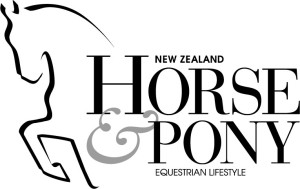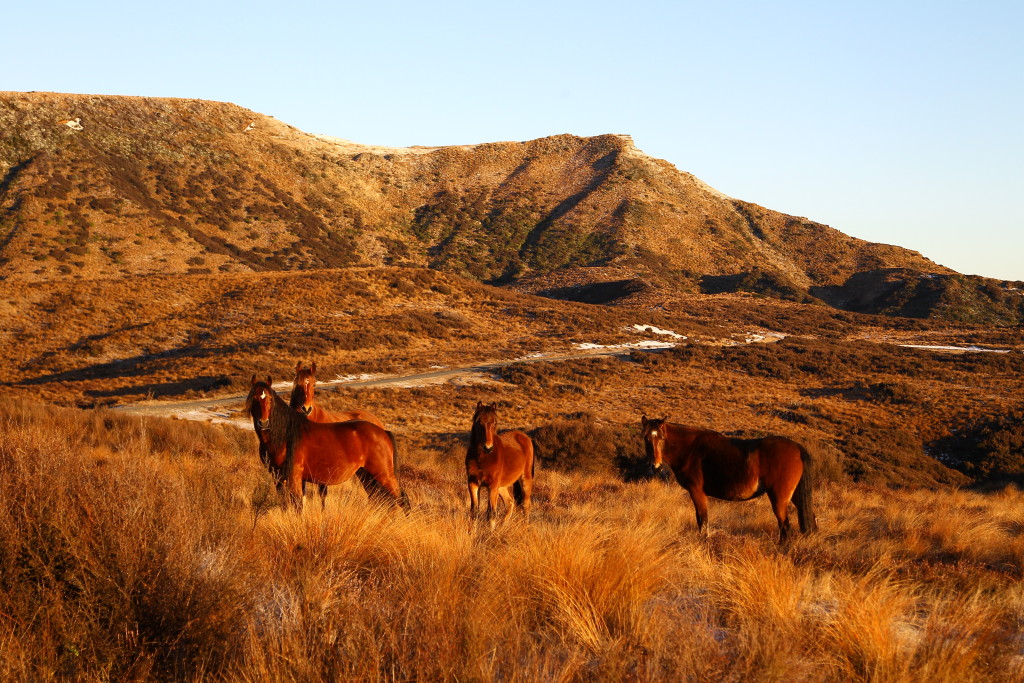 Just as the Kaimanawa Heritage Horses Welfare Society was gearing up for this year’s muster, it has been dropped a major bombshell. The Government has decided to bring the muster forward by five weeks.
Just as the Kaimanawa Heritage Horses Welfare Society was gearing up for this year’s muster, it has been dropped a major bombshell. The Government has decided to bring the muster forward by five weeks.
So now the KHH volunteers face an almighty scramble to try and find homes for the mustered horses by the end of March, as the round-up will happen in late April rather than early June.
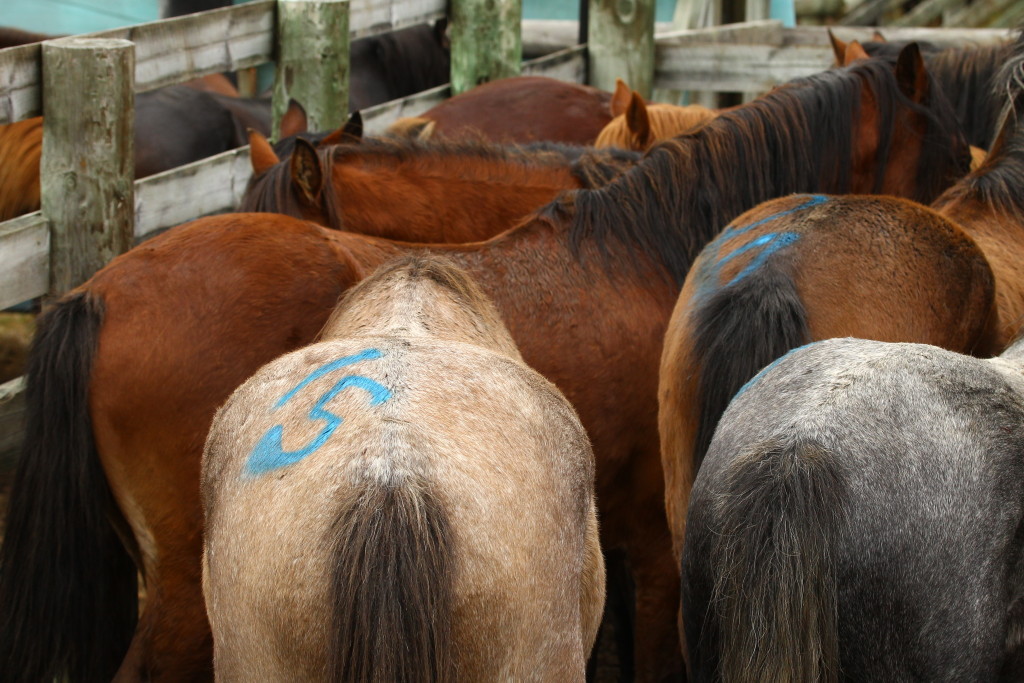
The iconic wild horses of the Central Plateau have had an enormous publicity boost through the inaugural KHH Stallion Challenges, not to mention the hugely popular television series following the Wilson sisters’ journey with their muster horses, Keeping up with the Kaimanawas. But even so, it is going to be extremely difficult to find enough suitable homes in such a tight timeframe; as of March 14, not a single application for rehoming had been received.
“People often leave their applications until the last minute,” says Simone Frewin of KHH. “This can make things extremely difficult if they need time to make changes to their facilities. Every muster, we have people who miss out because of this. Not only are they disappointed, but it inevitably means a horse loses its life for the sake of someone getting organised a couple of weeks earlier.”
The profile of the Kaimanawa as a competitive athlete has soared since 2012 when Tegan Newman and Watch Me Move won the Pony of the Year show jumping title, and KHH has noticed a significant shift in the types of homes who apply.
Although they’re still valued as sure-footed stock mounts and reliable children’s ponies, Kais are now also viewed as seriously competitive prospects.
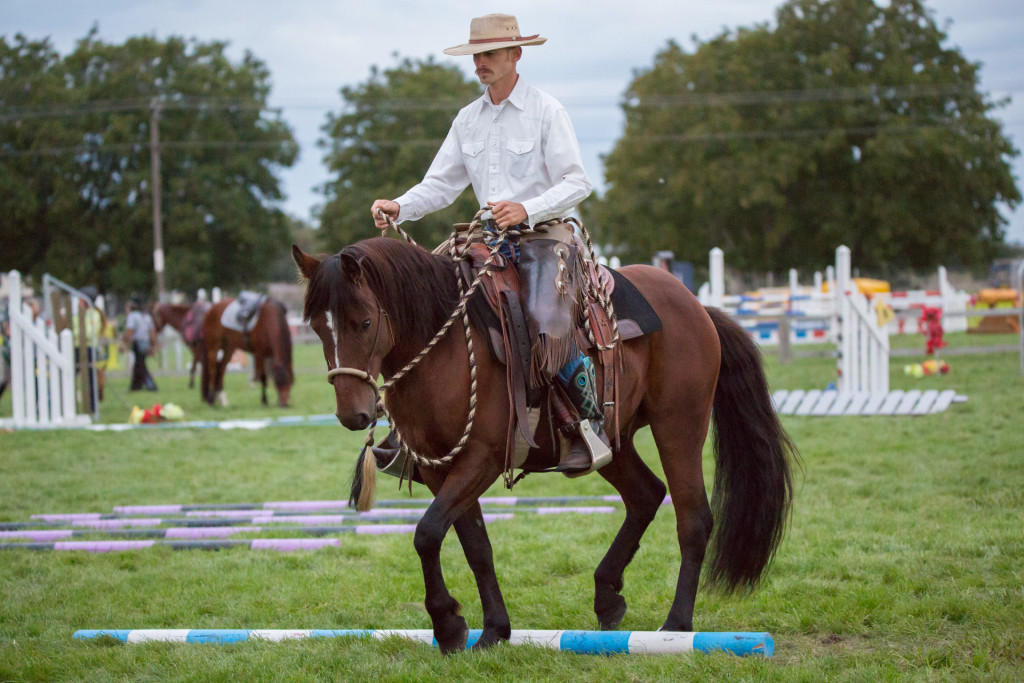
“I think, in the past, a lot of people have wanted to save a horse but then haven’t been quite sure what to do with it after that,” explains Simone. “People who take them on have to be able to see a future for them – and they can see now that Kaimanawa horses are finally being accepted as genuine prospects for all sorts of disciplines”.
The application process may seem daunting at first: you need two references who can attest to your competency with unhandled horses, and solid, secure stock yards for a cattle truck to deliver to. KHH sends a representative to check this before approval is given. There is a non-refundable application fee of $100, but this is deducted from the $250 cost of adoption. The transportation fee is extra, depending on where in the North Island you live – newly mustered horses can’t be delivered to the South Island, for welfare reasons.
Simone says that the organisation is berated every year for this strict approach, instead of giving the horses away to anyone who asks for one. But the logistics and organisation of rehoming come at a cost, no matter how dedicated the volunteers.
“That’s something people are often unaware of,” says Simone. “They think we get paid to do this, but we’re a charity organisation with only a few hundred members and a much smaller team of around 15 people directly involved in the muster rehoming process, nationwide. We all do this simply for the love of the horses”.
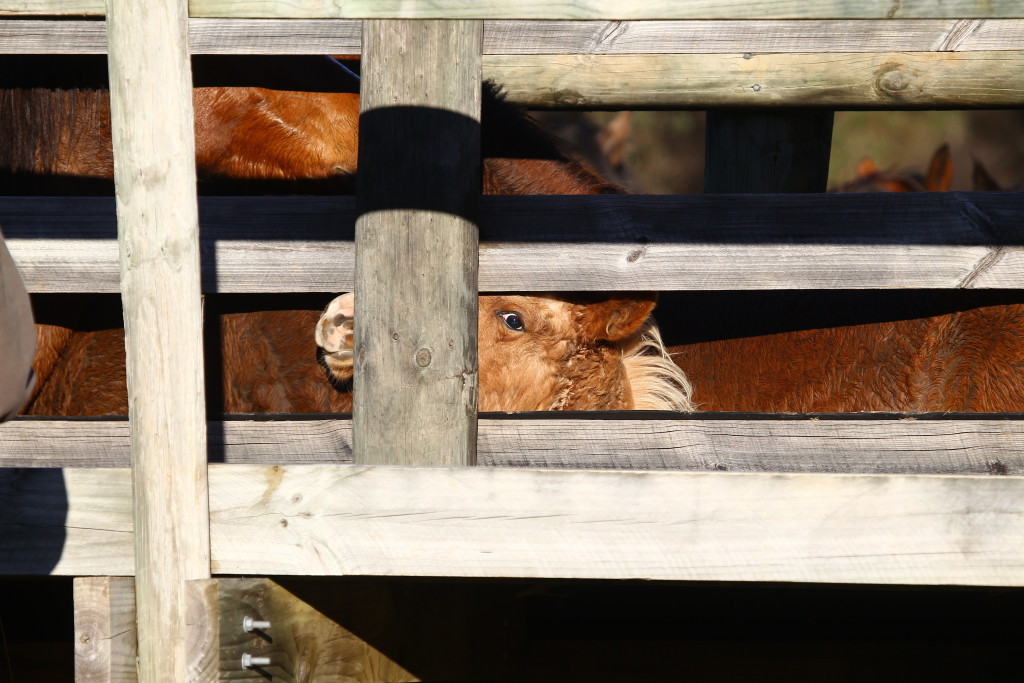
The application process really comes down to three questions:
• Are you competent to handle a wild horse?
• Do you have facilities to contain it safely?
• Do you have a future in mind for the horse?
If the answer is no to either of the first two, KHH can help by referring you to a competent handler to do the initial work. This can help both those not experienced in handling wild horses, and those lacking the suitable facilities, as well as solving the issue of South Islanders wanting to adopt a Kaimanawa.
KHH is now dealing with some new challenges that have arisen from the recent publicity. “Many people now think that wild horses are dangerous and you need considerable fortitude to enter a yard with them,” says Simone. “But in 18 years of handling wild horses, this has never been my experience. Remember, most people aren’t receiving mature stallions from musters and they’re not under pressure to handle their horse within a certain timeframe.”
The KHH now wants to promote how ‘everyday’ horse people can achieve great things with their Kaimanawas, so alongside this year’s Stallion Challenges for professional trainers, to be held at Equidays in October, it is launching a series of competitions for every horse homed from the 2016 muster to compete in over 2017. ■
applications close April 1
for more details and to apply, http://www.kaimanawaheritagehorses.org

